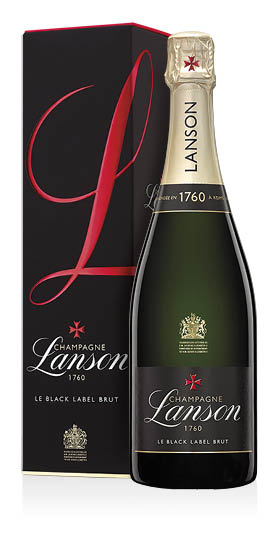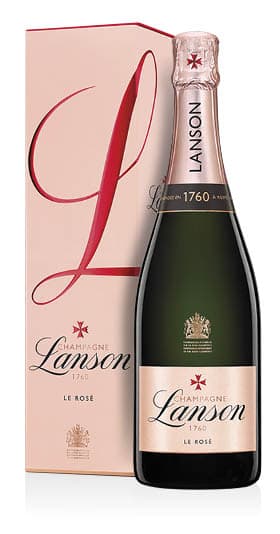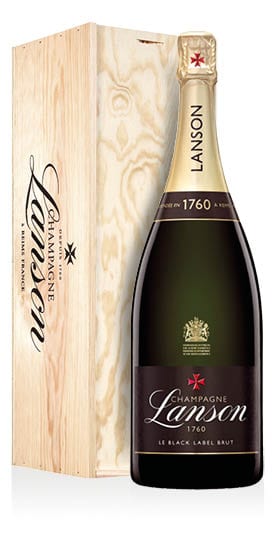Lanson
Lanson is one of the oldest houses in Champagne, founded in 1760 by François Delamotte, one of the most influential personalities in the history of Reims. The symbol that distinguishes it is the cross that represents the religious order of Malta, to which it was admitted a few years later the son of François, Nicolas-Louis Delamotte. Over time, an original style was defined, capable of obtaining the appreciation of connoisseurs and enthusiasts, until the award, in 1900, of the title of "Official Champagne Supplier for Queen Victoria" to the then owner Henrie Marie Lanson . The production secrets that constitute the maison's inestimable legacy have been handed down in detail from generation to generation to the last chef de caves of the house, Jean-Paul Gandon and Hervé Dantan, who jealously guard it.
The key words of Lanson's stylistic code are purity of the fruit, which is kept fresh and elegant through a malolactic-free vinification and vinifying the grapes parcel by parcel, and aromatic richness, given by the choice of the best Crus, of the best bunches of Pinot Nero vines. , Chardonnay and Pinot Meunier, and the best vintages of reserve wines added during the blending phase. A maturation on the lees in the cave for at least 3 years allows to further develop the olfactory set of each champagne.
In exceptional vintages, extraordinary Vintages are also produced, which constitute a precious collection that the most demanding wine lovers can draw on to find rare oenological expressions. The non plus ultra of the range consists of the particular Extra Age cuvées, born on the occasion of the 250th anniversary of the foundation, produced by assembling only the best vintages; and from the Prestige line, whose grapes come from a very meticulous selection of bunches. To this line belongs the Noble Cuvée, the result of a very careful selection of the grapes, but also the Clos Lanson champagne, produced from grapes of the homonymous and prestigious vineyard, which is located right in front of the Notre Dame Cathedral of Reims, protected from a very high wall, and planted within a very particular microclimate on a predominantly chalky soil. Lanson was one of the first Champagne houses to produce Champagne Rosé.




